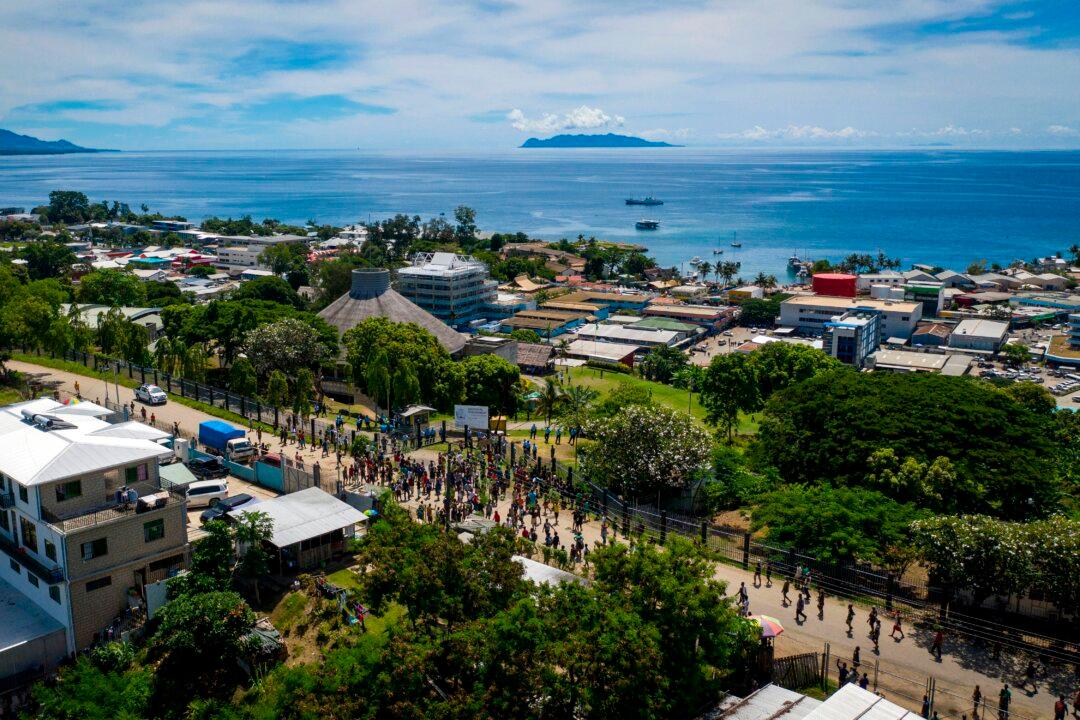In a sign of strong ongoing ties between Beijing and the Solomon Islands governments, officials from both countries have signed off on the construction of a new medical centre at the National Referral Hospital in the capital Honiara.
The hospital is the largest in the Pacific nation, with 300 beds and 50 doctors, while the new centre will focus on diagnosing heart problems before expanding into specialised renal services and other noncommunicable diseases.





